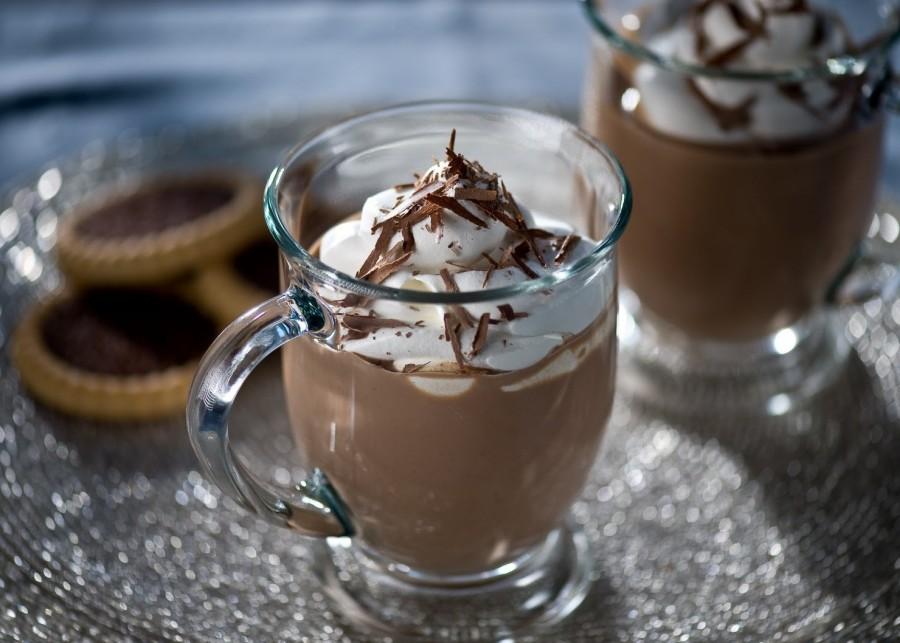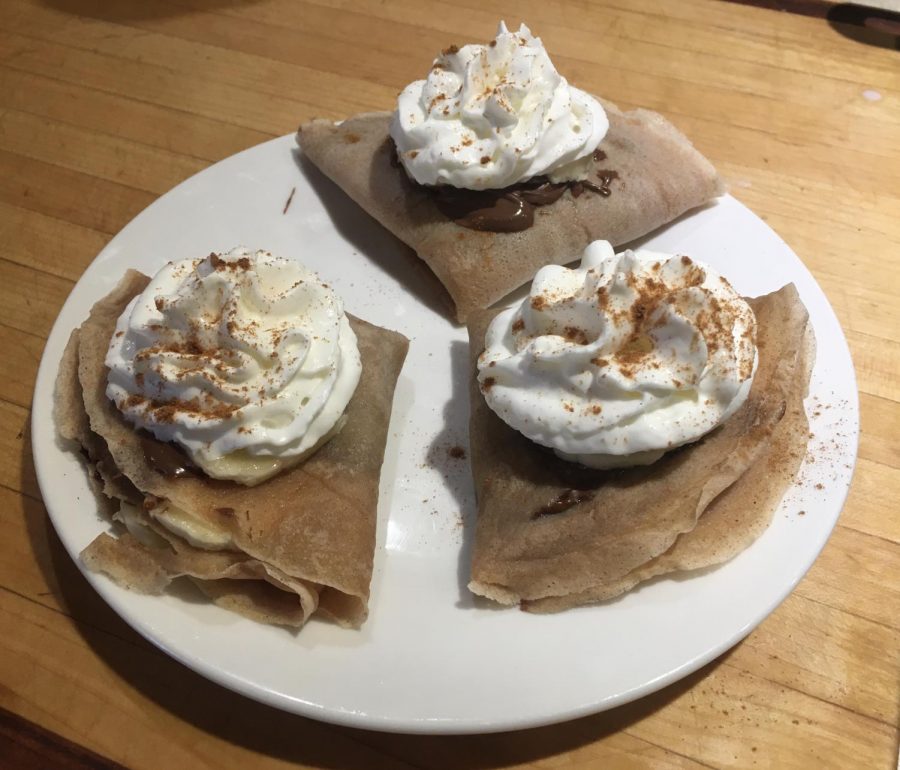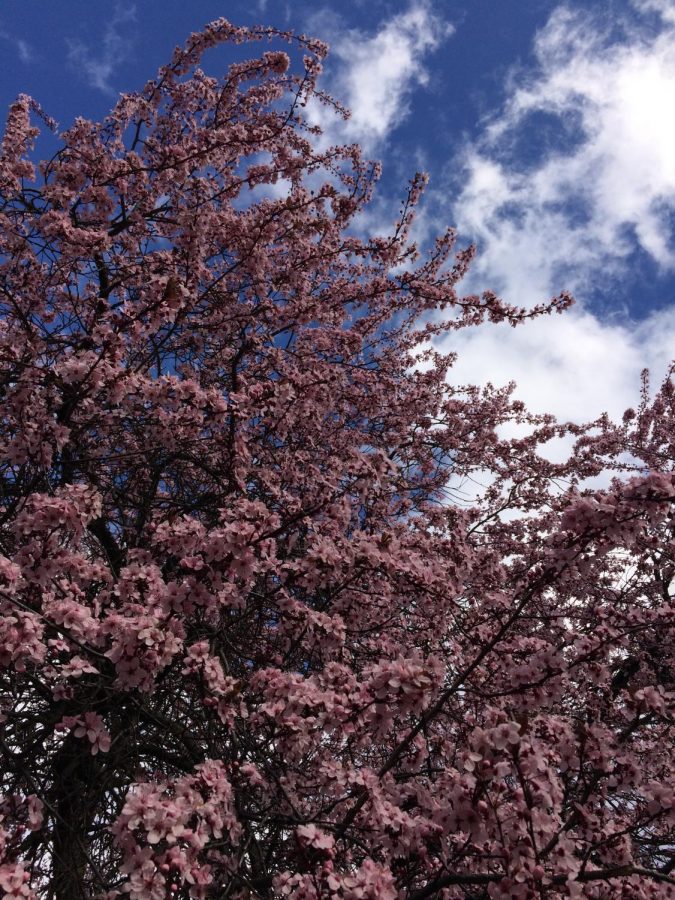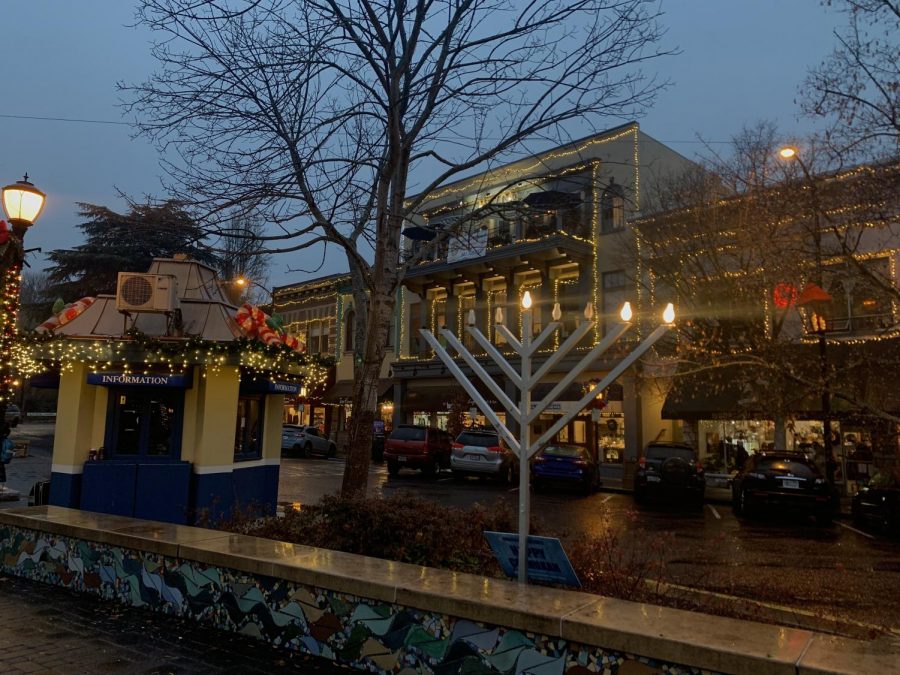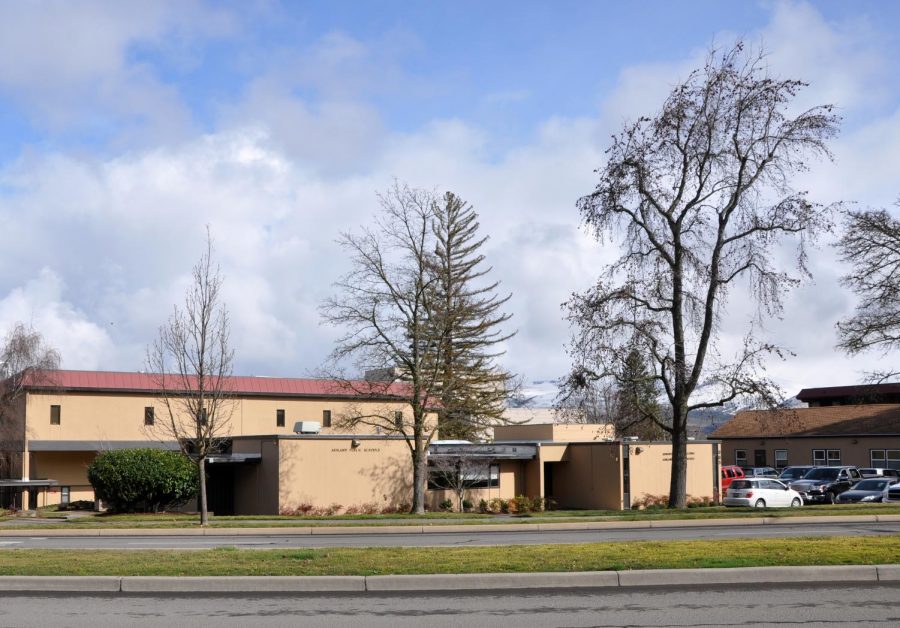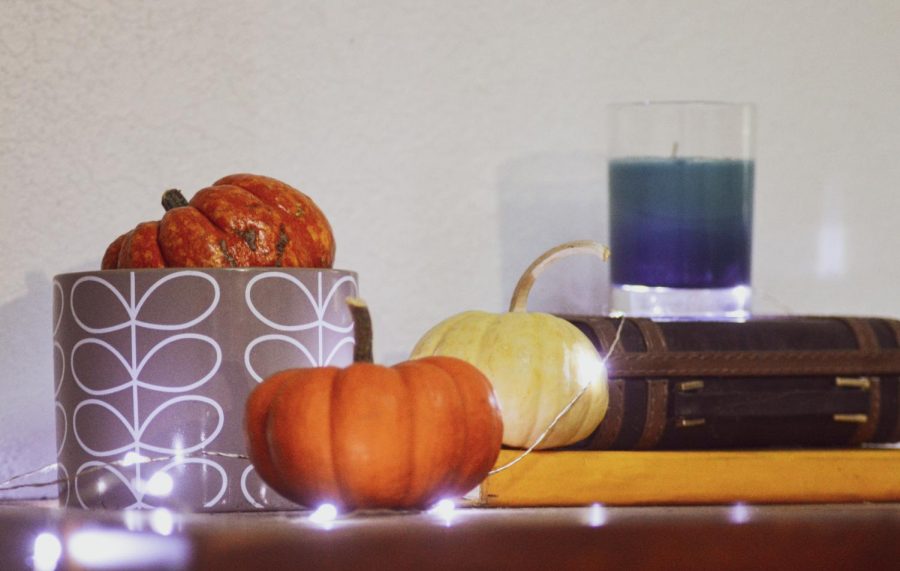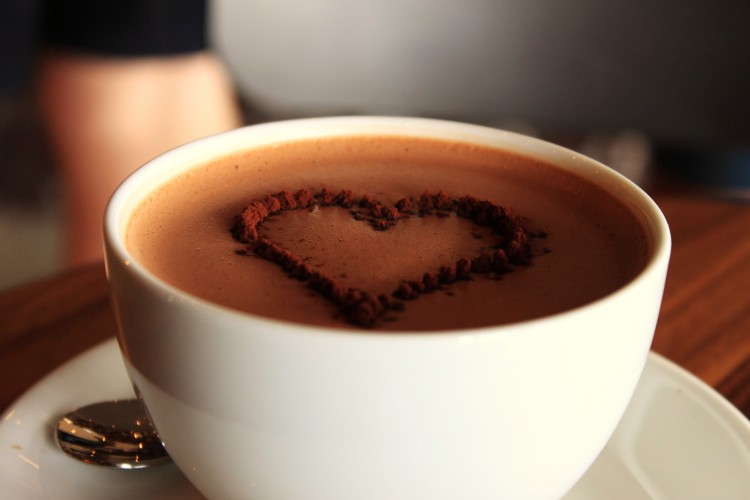 Now that it’s January and the weather has been extremely chilly, you may have recently seen students sipping a steaming hot drink. Much of the time, those people are enjoying a large cup of delicious hot chocolate. Since you were young, you’ve probably had your fair share of hot chocolate, but have you ever once wondered where hot chocolate originated?
Now that it’s January and the weather has been extremely chilly, you may have recently seen students sipping a steaming hot drink. Much of the time, those people are enjoying a large cup of delicious hot chocolate. Since you were young, you’ve probably had your fair share of hot chocolate, but have you ever once wondered where hot chocolate originated?
Back in the days of the Aztecs, cocoa beans were valuable not only for their culinary importance, but also as currency; cocoa beans were often given as gifts during important ceremonies and festivals. The Aztecs also used the roasted beans to make a chocolate drink, xocolatl; however, their version is much different from the hot chocolate we all know today. The Aztecs actually drank it cold, flavored with wine and chili peppers, and not at all sweet.
Chocolate was discovered and brought to Europe in the early 1500s by the Spanish explorer Hernán Cortés. After its introduction in Spain, the drink began to be served hot, sweetened and without the chili peppers. The Spanish were very protective of their wonderful new beverage, and it was over a hundred years before news of it began to spread across Europe.
When it finally hit London in the 1700s, chocolate houses (houses where people drank hot chocolate) became popular and very trendy. It was the English who started adding milk to their chocolate and it was enjoyed as an after-dinner beverage.
The warm, rich drink we know today owes its true origin to Dutchman Hendrick Van Houten. In April of 1828, Van Houten patented a process in which a press is used to squeeze ground cocoa beans to extract the natural fat, also known as cocoa butter. Cocoa butter makes up about half of the weight of a cocoa bean. The pressed cocoa beans that remain after extracting the cocoa butter are cooled. Then they are pulverized and sifted into cocoa powder. Van Houten also discovered that by adding alkali-potash (chemical base) to the beans before they are roasted, the acidic taste of the cocoa is neutralized. The process became known as “Dutching” and has been used ever since. Even today you will sometimes hear hot chocolate referred to as “Dutch Chocolate.”
So, the next time that you have a sip of hot chocolate, remember that you owe much thanks to the Spanish, Aztecs, English, and Dutch for the creation of that chocolaty goodness!

